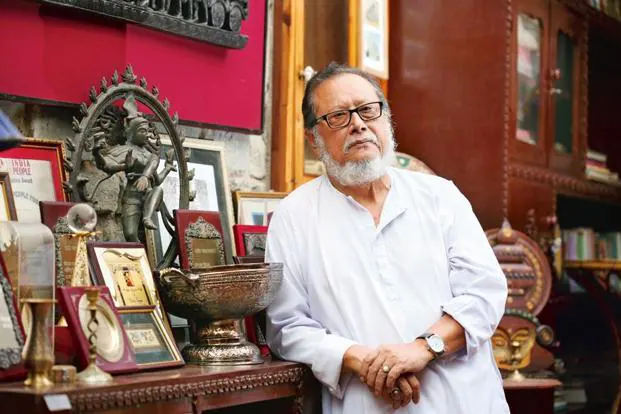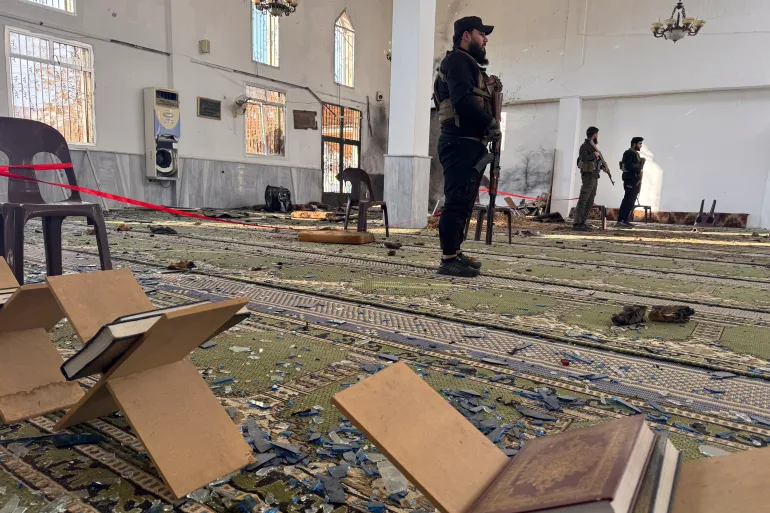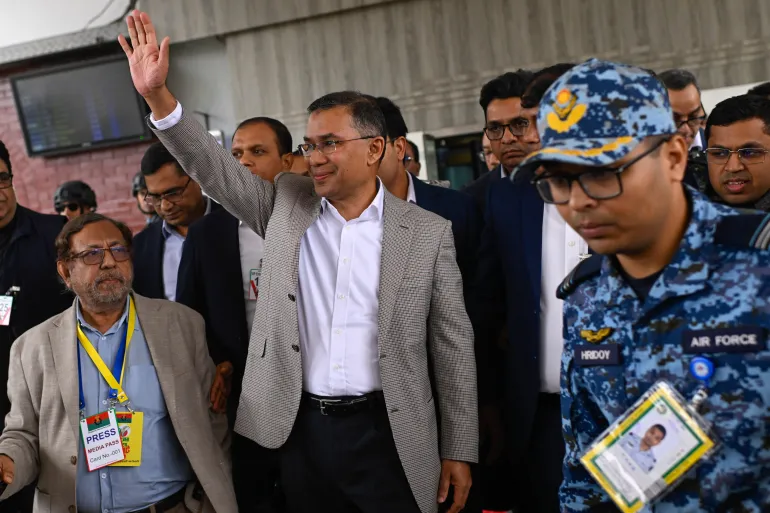Ratan Thiyam: A Torchbearer of Indian Theatre Passes Away at 77

The world of Indian theatre lost one of its brightest stars with the passing of Ratan Thiyam, the legendary playwright, director, and cultural icon from Manipur. He breathed his last in the early hours of Wednesday, July 23, 2025, at the age of 77, after a prolonged illness. His death, which occurred at RIMS Hospital in Imphal, marks the end of a remarkable era in Indian theatre, particularly in the realm of experimental and indigenous stagecraft. Thiyam’s legacy is etched not only in the Manipuri cultural landscape but also across national and international stages.
Ratan Thiyam was not just a playwright; he was a theatre visionary who transformed the language of Indian performance. Born on January 20, 1948, in Imphal, he graduated from the National School of Drama (NSD) in 1974 and later served as both its Director and Chairperson. But his greatest contribution came through the establishment of the Chorus Repertory Theatre in 1976, nestled in the heart of Manipur. From there, he created groundbreaking productions that blended elements of Sanskrit theatre, Manipuri martial arts, tribal chants, and modernist aesthetics into what became known as the "theatre of roots" movement.
This movement, of which Thiyam was a pioneer, sought to create a new Indian theatre grounded in indigenous traditions, rejecting colonial and Western models of dramaturgy. Thiyam’s most famous works Chakravyuha, Urubhangam, Andha Yug, and Uttar Priyadarshi were masterclasses in visual storytelling. His direction was marked by minimalist stage design, haunting music, and the use of lighting and movement to evoke deep philosophical and spiritual themes. Despite writing and performing mostly in Manipuri, his plays transcended language barriers, often staged internationally without subtitles. This was a testament to his belief in the universal power of theatre.
Recognition for Thiyam’s contributions came from all quarters. He was awarded the Sangeet Natak Akademi Award in 1987, followed by the Padma Shri in 1989. His honours also included the Kalidas Samman, the Fringe First Award at the Edinburgh Festival, and the prestigious Sangeet Natak Akademi Fellowship in 2012, one of the highest accolades in the field of performing arts in India.
Thiyam was also a strong advocate of cultural preservation and spiritual depth in theatre. His works often reflected his personal meditations on war, peace, mythology, and existential crisis. He saw theatre not merely as a medium of entertainment, but as a space for social reflection and moral inquiry. In his words, theatre was "a temple for the spirit."
His death has been met with an outpouring of grief from artists, scholars, and political leaders alike. Manipur Former Chief Minister N. Biren Singh described him as a “true luminary” whose work carried “the soul of Manipur.” The Sangeet Natak Akademi and Sahitya Akademi also issued statements mourning his loss, noting his irreplaceable role in shaping the cultural conscience of India. Social media, too, was flooded with tributes from his students, actors, and fellow directors who remembered him as a generous teacher, a disciplined craftsman, and a philosopher-artist.
In the cultural narrative of India, Ratan Thiyam’s passing leaves a profound void. Yet, his contributions will continue to inspire generations of theatre practitioners. His commitment to merging the local with the universal, the traditional with the experimental, remains a guiding light for the future of Indian arts. Even in death, Ratan Thiyam’s voice echoes on stage resonant, rooted, and revolutionary.
In his silence, the theatre world hears the loudest applause.
Ratan Thiyam was not just a playwright; he was a theatre visionary who transformed the language of Indian performance. Born on January 20, 1948, in Imphal, he graduated from the National School of Drama (NSD) in 1974 and later served as both its Director and Chairperson. But his greatest contribution came through the establishment of the Chorus Repertory Theatre in 1976, nestled in the heart of Manipur. From there, he created groundbreaking productions that blended elements of Sanskrit theatre, Manipuri martial arts, tribal chants, and modernist aesthetics into what became known as the "theatre of roots" movement.
This movement, of which Thiyam was a pioneer, sought to create a new Indian theatre grounded in indigenous traditions, rejecting colonial and Western models of dramaturgy. Thiyam’s most famous works Chakravyuha, Urubhangam, Andha Yug, and Uttar Priyadarshi were masterclasses in visual storytelling. His direction was marked by minimalist stage design, haunting music, and the use of lighting and movement to evoke deep philosophical and spiritual themes. Despite writing and performing mostly in Manipuri, his plays transcended language barriers, often staged internationally without subtitles. This was a testament to his belief in the universal power of theatre.
Recognition for Thiyam’s contributions came from all quarters. He was awarded the Sangeet Natak Akademi Award in 1987, followed by the Padma Shri in 1989. His honours also included the Kalidas Samman, the Fringe First Award at the Edinburgh Festival, and the prestigious Sangeet Natak Akademi Fellowship in 2012, one of the highest accolades in the field of performing arts in India.
Thiyam was also a strong advocate of cultural preservation and spiritual depth in theatre. His works often reflected his personal meditations on war, peace, mythology, and existential crisis. He saw theatre not merely as a medium of entertainment, but as a space for social reflection and moral inquiry. In his words, theatre was "a temple for the spirit."
His death has been met with an outpouring of grief from artists, scholars, and political leaders alike. Manipur Former Chief Minister N. Biren Singh described him as a “true luminary” whose work carried “the soul of Manipur.” The Sangeet Natak Akademi and Sahitya Akademi also issued statements mourning his loss, noting his irreplaceable role in shaping the cultural conscience of India. Social media, too, was flooded with tributes from his students, actors, and fellow directors who remembered him as a generous teacher, a disciplined craftsman, and a philosopher-artist.
In the cultural narrative of India, Ratan Thiyam’s passing leaves a profound void. Yet, his contributions will continue to inspire generations of theatre practitioners. His commitment to merging the local with the universal, the traditional with the experimental, remains a guiding light for the future of Indian arts. Even in death, Ratan Thiyam’s voice echoes on stage resonant, rooted, and revolutionary.
In his silence, the theatre world hears the loudest applause.






